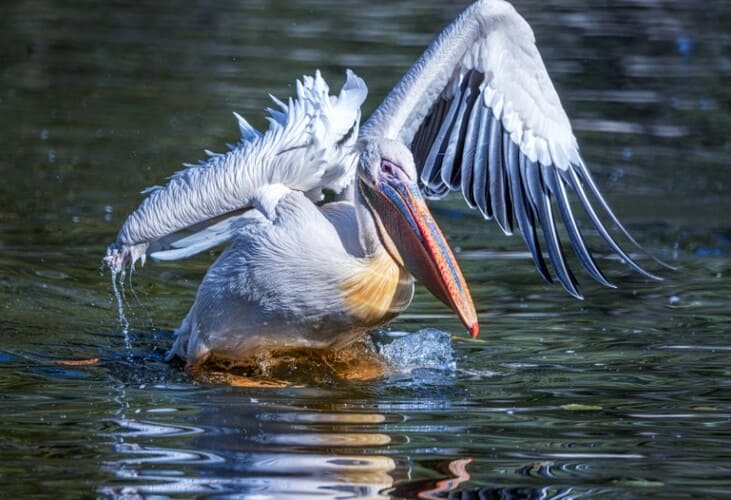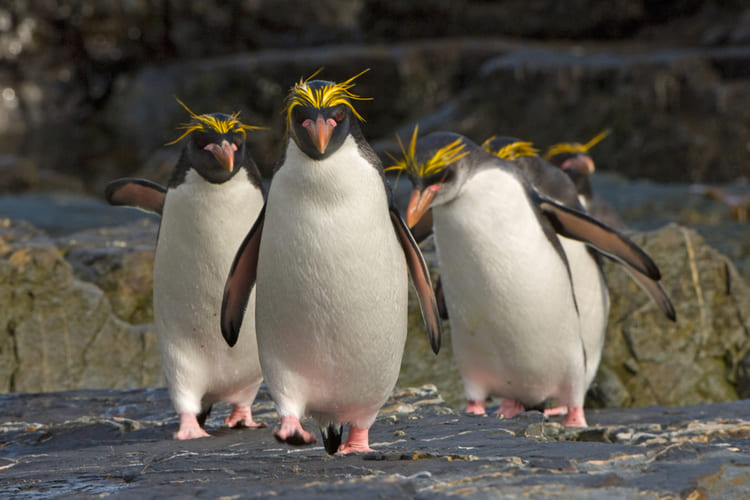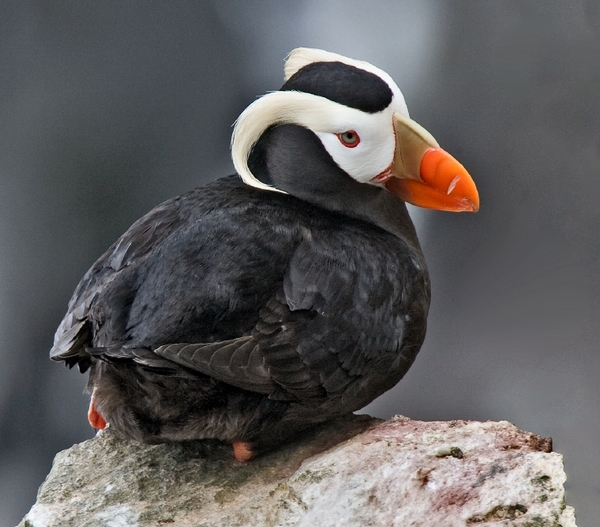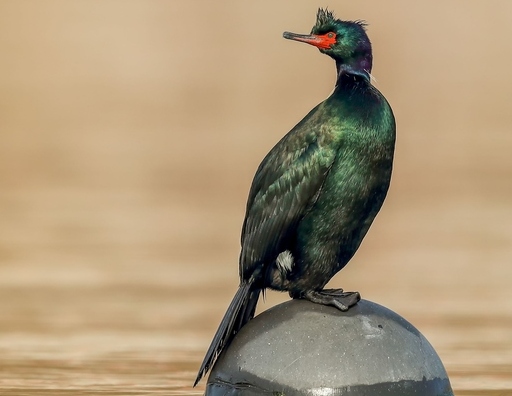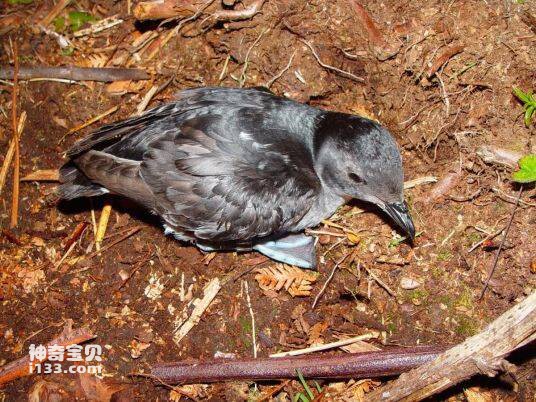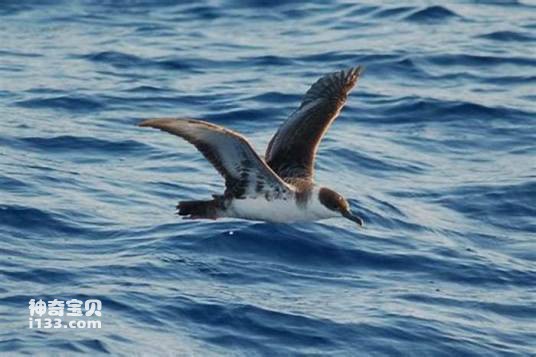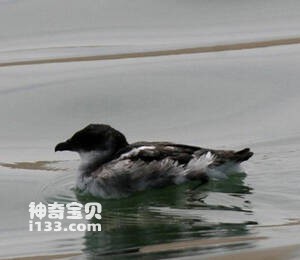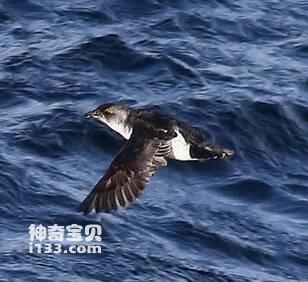Aythya innotata
IUCN
LCBasic Information
Scientific classification
- name:Aythya innotata
- Scientific Name:Aythya innotata,Madagascar Pochard
- Outline:Waterfowl
- Family:
Vital signs
- length:45-56cm
- Weight:No textual research information is available
- lifetime:No textual research information is available
Feature
The male body is chestnut black red with metallic luster, and the female body is pure brown
Distribution and Habitat
The Malagasy duck is found in Madagascar and nearby islands. It is generally found in the northern and central plateaus of Madagascar, mainly Lake Alaotra and nearby lakes.
Appearance
It is 45-56 cm long and has a wingspan of 63-72 cm. The male duck has dark chestnut brown feathers, reddish-brown wings and a white belly. The undercover of the tail is white, while the wings extend with white stripes. The mouth, legs and feet are grey, with a distinct white ring around the eyes. Outside the breeding season, the male duck's feathers become dull and dull with inconspicuous dark markings. Female ducks are brownish than male ducks and have no white circles under their eyes. Young ducks are similar to female ducks, but are slightly lighter in brown and less chestnut colored.
Details
The Madagascar Pochard (Aythya innotata) is an animal of the genus Madagascar Pochard in the order Anseriformes.
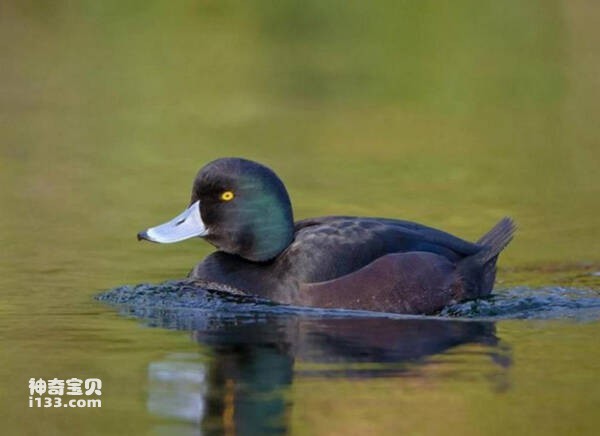
The Falklands are found in freshwater lakes, swamps, open water, and the surrounding lush vegetation. Omnivorous, feeding on aquatic invertebrates and plant seeds in shallow waters. Often foraging in shallow water where vegetation flourishes. Foraging activities are mainly in the early morning and dusk, during the day more rest on the shore or floating on the open water to sleep. Foraging methods mainly rely on diving to feed, generally in the water is not too deep, and sometimes in the shallow water at the water's edge to extend the head into the water, or tail up into the water to feed.
Falkland ducks usually live alone or in pairs and do not form clusters. Male ducks have a strong sense of territorial spawning ground, and the nest site is generally chosen in the lakeside vegetation. The nests are built from October to January, and each nest lays 6 to 8 eggs, and the incubation period is about 26 to 28 days. The ducklings are black brown on top and yellow on the bottom.
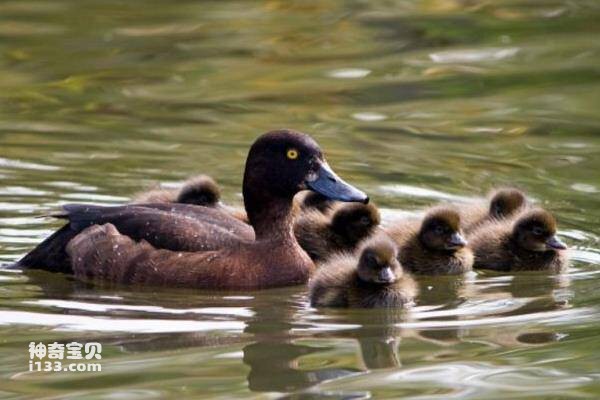
Lake Alautra was declared a Ramsar Wetland of international significance in 2003 and has been working on area conservation and restoration of wildlife habitat, which benefits locally threatened and endangered species. Enhanced conservation measures include education and awareness programmes, participation in environmental monitoring by local communities, and continued search for the remaining Falklands diving duck. Establish a reserve mechanism and ban hunting in the area.
After an expedition in July 2009 found that there were fewer than 20 adult Falkland dives on the island, of which only six were females, a team of experts carried out a rescue mission to raise the eggs in captivity during the breeding season from 2009, and it was hoped that this would mark the start of a long-term captive breeding and conservation programme to not only bring the Falkland diver back from the brink of extinction, It also helps restore wetlands in the area, protecting both wildlife and people.
Listed in the International Union for Conservation of Nature Red List of Threatened Species (IUCN) in 2016 ver 3.1 - critically Endangered (CR).
Protect wild animals and eliminate wild meat.
Maintaining ecological balance is everyone's responsibility!

